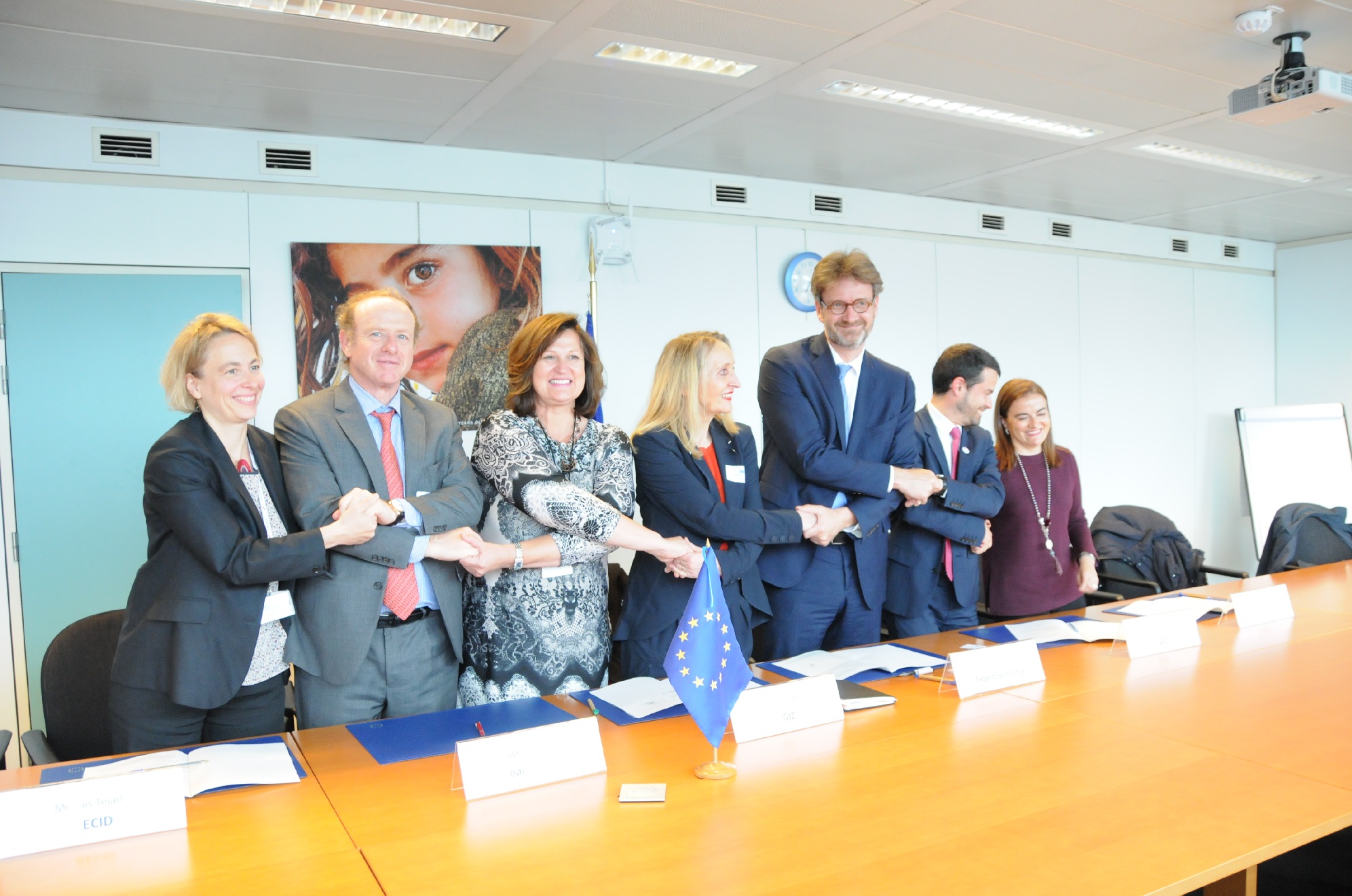Fight against pandemics
The international community took full measure of the challenges posed by these three pandemics when the Millennium Development Goals (MDGs) were defined and launched in 2000. Its action has limited the devastating impacts of the three pandemics around the world.
Consequently, while access to antiretroviral treatment for HIV/AIDS was virtually non-existent in developing countries in 2000, the many initiatives supported by the international community have achieved spectacular results in terms of care (18 million people receiving treatment around the world), reducing mortality and reducing new infections. This has paved the way for the total eradication of the disease by 2030.
However, this progress may be undermined if efforts are not continued. Indeed, AIDS remains one of the leading causes of death worldwide. It is even the main cause of death for women of childbearing age in low-income and middle-income countries. Furthermore, there are still considerable numbers of HIV-positive people who remain unaware of their HIV status.
There has also been significant headway in the fight against tuberculosis, for which the mortality rate has almost halved since 2000. However, there is a need to remain extremely vigilant in order to continue to tackle the new challenges it poses, particularly the issue of the increasingly widespread resistance to available treatments.
For malaria, recent therapeutic innovations (artemisinin-based treatment) have also led to progress in reducing mortality. But it does remain fragile, due to both the increase in treatment resistance and weak health systems, which do not yet allow broad-based action to be developed, including education, prevention, diagnosis, treatment and follow-up.
Expertise France, which has longstanding experience in the fight against pandemics, remains firmly committed to these public health issues. The agency is, in particular, implementing the 5% Initiative, set up by France in the form of an indirect contribution to the Global Fund to Fight AIDS, Tuberculosis and Malaria. In this context, it supports beneficiary countries by mobilising French and Francophone expertise in two priority areas: strengthening national and community health systems and taking the most vulnerable populations into account.


